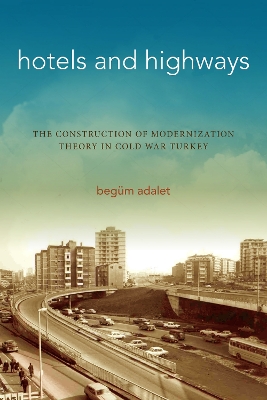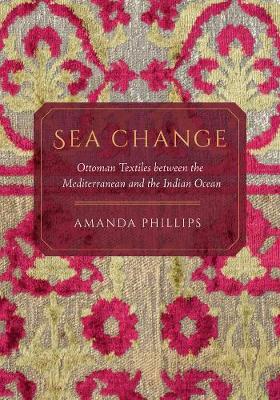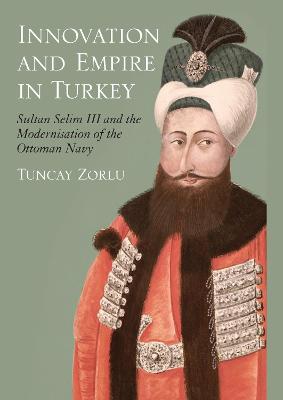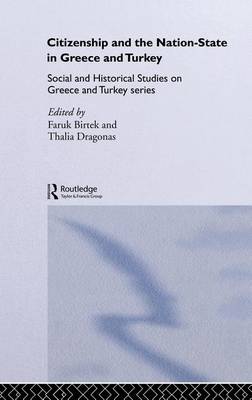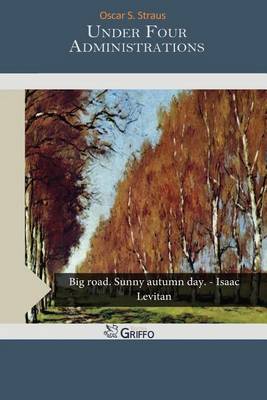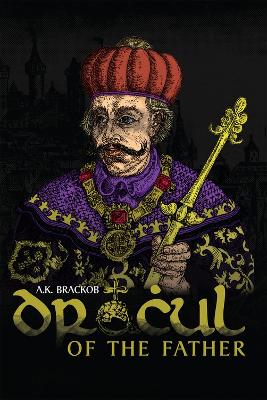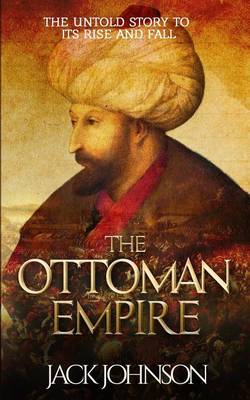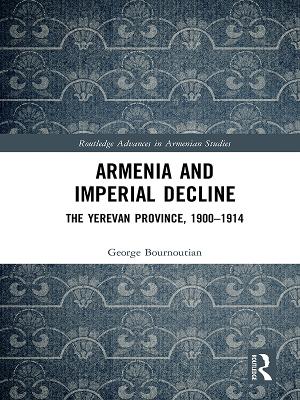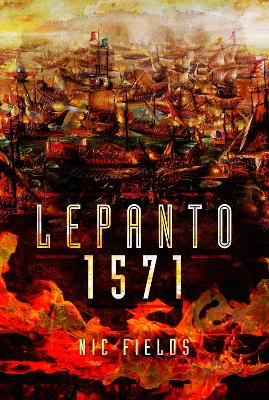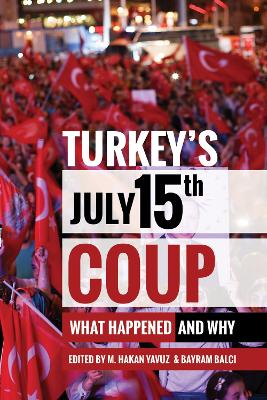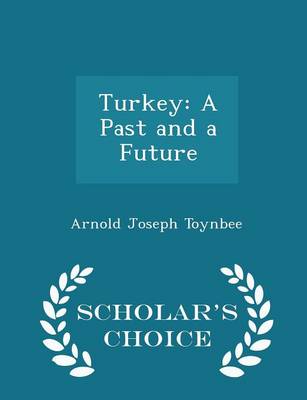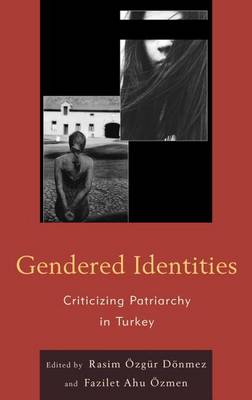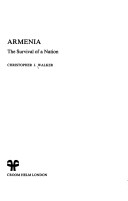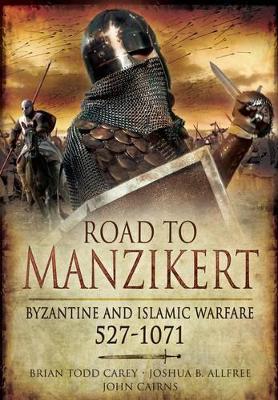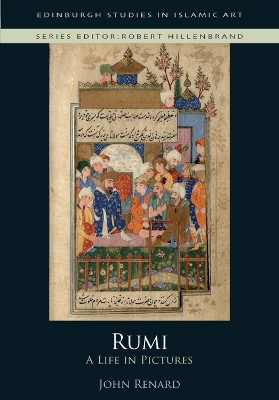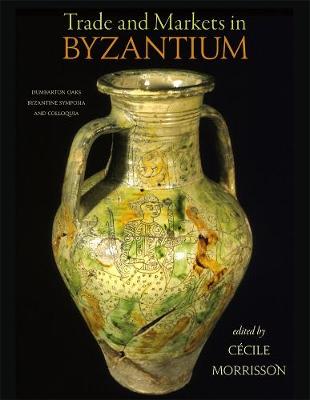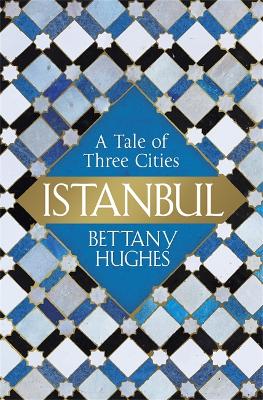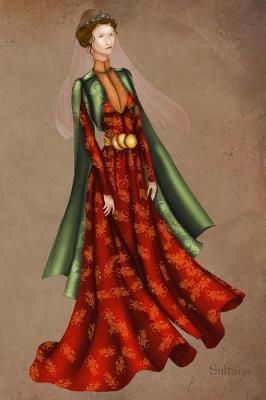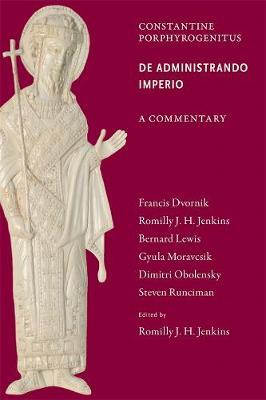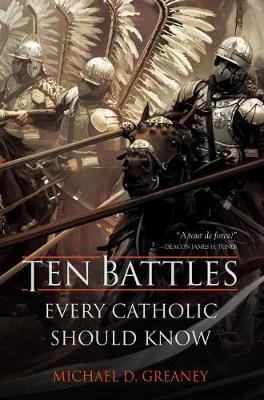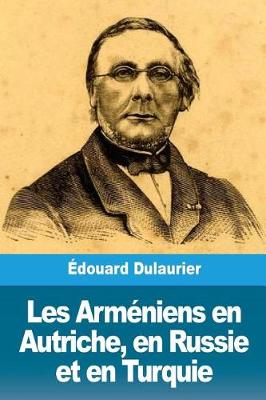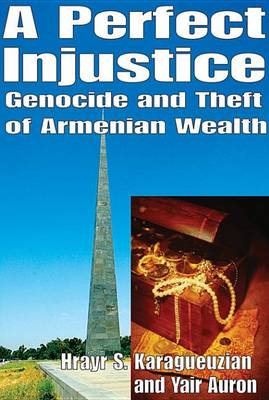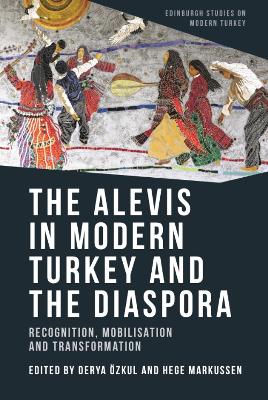Hotels and Highways (Stanford Studies in Middle Eastern and Islamic Societies and Cultures)
by Begum Adalet
The early decades of the Cold War presented seemingly boundless opportunity for the construction of "laboratories" of American society abroad: microcosms where experts could scale down problems of geopolitics to manageable size, and where locals could be systematically directed toward American visions of capitalist modernity. Among the most critical tools in the U.S.'s ideological arsenal was modernization theory, and Turkey emerged as a vital test case for the construction and validation of dev...
Textiles were the second-most-traded commodity in all of world history, preceded only by grain. In the Ottoman Empire in particular, the sale and exchange of silks, cottons, and woolens generated an immense amount of revenue and touched every level of society, from rural women tending silkworms to pashas flaunting layers of watered camlet to merchants traveling to Mecca and beyond. Sea Change offers the first comprehensive history of the Ottoman textile sector, arguing that the trade's enduring...
Ottoman naval technology underwent a transformation under the rule of Sultan Selim III. New types of sailing warships such as two- and three-decked galleons, frigates and corvettes began to dominate the Ottoman fleet, rendering the galley-type oared ships obsolete. This period saw technological innovations such as the adoption of the systematic copper sheathing of the hulls and bottoms of Ottoman warships from 1792-93 onwards and the construction of the first dry dock in the Golden Horn. The cha...
Citizenship and the Nation State in Greece and Turkey brings together papers on a transdisciplinary dialogue on nation formation in Greece and Turkey as successor states of the Ottoman Empire, and on aspects of civil society in the two countries. The volume is divided into two parts: 'Empire and Nation-State' and 'Nation and Civil Society' and covers issues such as Turkish and Greek nationalism, the formation of the Greek State, the impact of the Greek War of Independence in transforming the Ot...
Entangled Education (Beiruter Texte und Studien (BTS), #137) (Beiruter Texte Und Studien, #137)
Late Ottoman Bilad al-Sham and Mandate Lebanon were characterized by an exceptionally dense concentration of diverse educational institutions. Research on education in this region during the late 19th and early 20th centuries has hitherto focused on individual institutions or movements. This volume challenges the established narrative and emphasizes the entanglements of individuals, concepts, and practices. Stemming from an international workshop held at the Orient-Institut Beirut in April 2012,...
Stories of Dracula have fascinated people around the world for generations. Both the fictional vampire created by the Irish author Bram Stoker at the end of the nineteenth century and the fifteenth century Prince called Vlad the Impaler, the man regarded as the historical Dracula, have become part of universal culture. Yet few realize that the Wallachian ruler dubbed "the Impaler", is not the original Dracula. Instead, that distinction belongs to his father, a little-known prince called Vlad Dra...
Armenia and Imperial Decline (Routledge Advances in Armenian Studies)
by George Bournoutian
This book seeks, for the first time, to examine the demography and the social and economic conditions in the Yerevan Province during the first decade of the twentieth century, before the great changes that occurred during World War I and the seven decades of Soviet rule. Unlike in Tiflis and Baku, the Armenian inhabitants of the Yerevan Province were overwhelmingly peasants. They did not play a major role in the political, intellectual or economic life of the South Caucasus. The aim of the book...
The battle of Lepanto has long been considered one of the decisive naval battles of history. Yet, the savage fighting on Sunday, 7 October 1571 left the strategic map unchanged and the defeated Ottoman Turks were able to replace their losses and launch a new fleet the following year. Nic Fields re-examines the battle and concludes that, while it merely confirmed a strategic reality that had already emerged during the 16th century (i.e. that naval supremacy lay with the Sublime Porte in the easte...
Turkey's July 15th Coup
On July 15, 2016, a faction of the Turkish military attempted to overthrow the government of President Recep Tayyip Erdogan. The Turkish government blamed the unsuccessful coup attempt on Gulenists, adherents of an Islamist movement led by Fethullah Gulen. They had helped elect Erdogan and his AK Party, with the goal of bringing an ostensibly "soft" version of Islam into the secular Turkish government. In alliance with the AK Party, Gulenists steadfastly increased their representation in various...
Road to Manzikert: Byzantine and Islamic Warfare 527-1071
by Brian Todd Carey, Joshua B Allfree, and John Cairns
In August 1071, the Byzantine Emperor Romanus IV Diogenese led out a powerful army in an attempt to roll back Seljuk Turkish incursions into the Anatolian heartland of the Empire.Outmanoeuvred by the Turkish sultan, Alp Arslan, Romanus was forced to give battle with only half his troops near Manzikert. By the end of that fateful day much of the Byzantine army was dead, the rest scattered in flight and the Emperor himself a captive. As a result, the Anatolian heart was torn out of the empire and...
Istanbul has always been a place where stories and histories collide and crackle, where the idea is as potent as the historical fact. From the Qu'ran to Shakespeare, this city with three names - Byzantium, Constantinople, Istanbul - resonates as an idea and a place, and overspills its boundaries - real and imagined. Standing as the gateway between the East and West, it has served as the capital of the Roman, Byzantine, Latin and Ottoman Empires. For much of its history it was known simply as The...
Commentary on the De Administrando Imperio (Dumbarton Oaks Texts (HUP))
by R. J. H. Jenkins, Francis Dvornik, Bernard Lewis, Gyula Moravcsik, and Dimitri Obolensky
The Alevis in Modern Turkey and the Diaspora (Edinburgh Studies on Modern Turkey)
This book explores the struggles of a minority group Alevis for recognition and representation in Turkey and the diaspora. It examines how they mobilise against state practices and claim their rights, while at the same time negotiating how they define themselves. The authors offers a conceptual framework to study minorities by looking at both structural and agency-related factors in resisting state pressure and mobilising for their rights. The Alevis in Modern Turkey and the Diaspora is divi...
